Good Morning America Got Unschooling All Wrong (Here’s How)
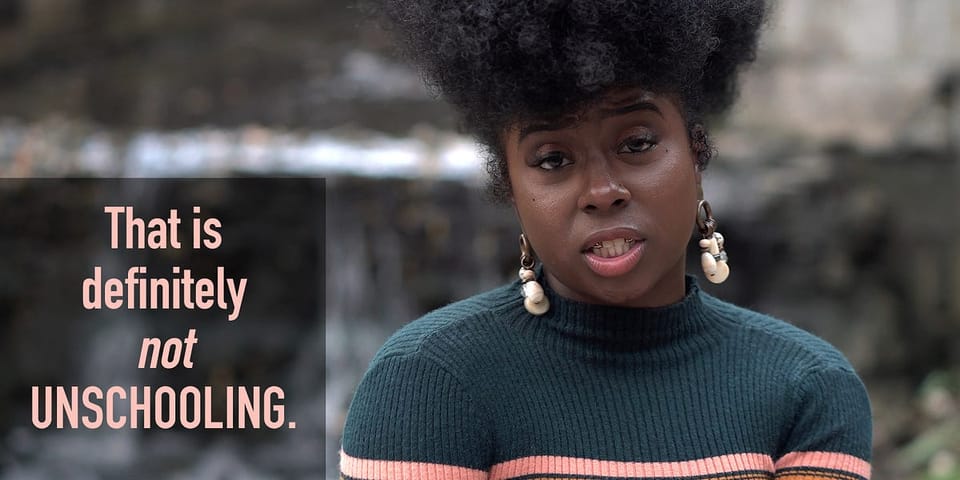
Earlier this month, the ABC Television produced show, Good Morning America, published a blog post about unschooling titled “I tried unschooling and here’s what happened.” I am cited in that article, and talked with the person that wrote this; I just didn’t know that it was for her to try out unschooling. In short, the article was problematic, so I wanted to address it in some kind of way, especially during this time where shelter in place requirements are leaving families stressed out, and there is an chance here for families to put unschooling among their activities and as an opportunity for connection and growth.
The problem with that article wasn’t about showing her first experience or describe what she learned, it was about framing it, and put it in as the concept of what unschooling is, ignoring the nuances and processes that lead someone to unschool and the level of compromise and dedication that Self Directed Education has.
It wasn’t taking into account several variables, the fact that it’s a self-directed way of educational process guided upon the children’s natural interest, trust and some levels of access that are in their environment, the relationship that is forged with the people and life itself.
Unschooling can be described as a partnership that will offer ideas that the child can accept or refuse, it’s about a dialectical process. The questions that might pop up are placed from an empowered space where the unschooler will offer ways in support of that, as we cannot frame people neither their learning process, it’s a constant resignification.
Expertise is developed over time, observe, listen and ask. Below is the transcript of the video response. I also asked my teenage daughters to weigh in on some ways to better convey what unschooling is and how it works. That conversation is here on our unschooling podcast, Fare of the Free Child.
VIDEO TRANSCRIPT:
I think this is an opportunity to take a coverage that was really someone’s experiment with their interpretation of unschooling, and turn that into something that’s actually going to provide information and examples and maybe even support for people wanting to explore unschooling today.
I am Akilah Richards, I’m an unschooling organizer and podcaster. And I was referenced in this piece by Good Morning America recently, and there was quite a bit in there that they got wrong. I want to give you some examples of my notes over here, because I’m going to highlight the ways that schoolishness, this pervasive thing, influences the way that we explore everything ever, even things like unschooling.
The first thing it says the basic premise of unschooling is that it’s a form of homeschooling, that is child led the child’s natural interest in form the parents, their education partner want to teach.
No. Children’s interests inform parents on children’s interests, which helped them get to know that child in particular, parents are not inherent teachers. Learning is happening all the time in a bunch of different ways. And while that’s happening, there’s a relationship simultaneously forming between a parent and a child, one that can either be schoolish, and therefore rooted in grade levels and ideas about what to learn by third grade. Or it can be an unschooling approach in that it trusts that learning isn’t something to simulate or pass down without it being asked, but instead a natural occurrence, right? A natural occurrence when interest trust and some levels of access are present in a child’s environment.
So it’s never about figuring out what to teach a child. It’s about learning to see and value a child’s natural relationship to life into people and to the things in their environment. So you can offer ideas to children and unschooling, and you can respect their choice to either accept or reject something that you offer.
Another thing: Richards has been unschooling both her daughters for several years, despite them being academically successful in traditional school.
So, first of all, I don’t unschool my children unschooling is not something that you do to children or even for them, it’s something that you do with them. It’s something you’re doing all together. They are all unschooling from the idea of what it means to learn and to teach, you know, so the relationship with teacher and with learner, they shift in unschooling so that’s the first thing we don’t unschool our children, Kris and I, we are all unschoolers and the wording of it, the framing of it, despite them being what’s the term, academically successful?
I think the positioning of that gives the impression that unschooling is something that you choose if your child just isn’t doing well in school. So it’s a something that you’re kind of forced to look at, as opposed to something that you can choose. From an empowered space. There’s some people who, like us, we chose it, not because the girls weren’t doing well in school, but because of the people, the actual girls, not the school. Students not the first grader in fourth grader as they were at the time, but the actual people Marley and sage were compromised. And we, we recognize that and reference that all the time when we talk about why we chose to unschool. And so I think it’s important to recognize that that can potentially sound like if your children are doing well in school then you don’t need to look at unschooling, which isn’t true.
Third thing I noticed, I decided to dip my toe into unschooling. Disclosure. I’m not an educator and I’m certainly not a homeschooling experts.
No one’s a homeschooling expert. Even if you have a lot of experience with homeschooling, when it comes to unschooling, which is the context of this article. There is no expert there’s time and experience with that kid and with that adult like with that family, though only expertise can be developed over time with that particular family, no one can be an expert on your child, not even you, and no one can be an expert on your family, only you can develop those expertise.
So really important to point that out if you’re thinking about unschooling and people labeling people like me as experts, when I’m only an expert in unschooling, as my family practices it, and I’m also a space because I do a podcast where you can hear how other people engage it. Big difference between saying that someone is an expert or that you need to be an expert, to be at home with your child or to embrace self directed education. Because you don’t, you couldn’t be an expert in advance, you know.
Another thing I noticed, so it says, we chose ladybugs because He loves us called Ben and Holly’s Little Kingdom, and seems as good a place to start as any.
So right away, big, big schoolishness flag. A good place to start would be to ask to ask your child. What do you want to focus on today? I want I want to be with you while you’re learning because if you’re starting out in unschooling, you might phrase something that way, because you still are looking at learning as a specific set of tasks that you do and can identify as educational, which is okay if you’re starting out. So, a good place to start would be to ask a child, what thing they’d want to focus on or to pay attention to what thing they are focusing on, since you didn’t give them something to focus on. And then to use that thing as your permission as your catalyst for, you know, framing a learning experience.
Again, this is if you’re testing out on schooling, because in unschooling you wouldn’t frame a learning experience, you’d observe all the many ways that learning happens. So yeah, the main point of that one is to say, the good place to start would just be to ask as opposed to decide and implement without the input of the child.
Another one, where under the subtitle our unschooling curriculum it says, I started by thinking about the basic things my kindergartner needs to work on. Counting adding fine motor skills and increasing time at non preferred activities are at the top of the list.
That is the opposite of unschooling. Who made the list the list speaks to a concept, a label, a timeline, that is artificial human beings at all ages and stages. Even childhood, maybe particularly childhood, learn at different paces, like how plants grow at different paces and stages. People, we, you and I are as such. So to decide that because in school, this is what someone at this age is assumed to, to know or should know, to bring that at home is a mistake. Because it gets in the way of you being able to see what a child actually is doing what they are interested in, what they might even already be good at at any age, and being able to help them amplify that go deeper into that connect with things that may be related to the thing they’re into that they might they might not even know or for you to watch them go super, super nice detail to something and not bringing a bunch of other aspects of it into the mix because that doesn’t feel necessary, you know.
To decide in advance that they needed to work on counting, adding fine motor skills and taking more time to do things that they don’t want to do is a very schoolish approach to something called unschooling. It’s a very schoolish approach to learning. So instead, you would observe you would offer questions about what you’re observing, you know, to the child. Oh, how come you chose this game? And that that game? Oh, how come you like this book and not that book? You know, you can ask engage whether or not that’s intrusive. Some children love to be asked questions. They love that feeling of someone being really engaged in something they chose for themselves. And they’ll engage those questions and you’ll learn a lot that way. For other children that might feel intrusive to them. And so you would observe without asking, you would find other ways to engage in conversation with them about what they’re interested in and, and why, you know, and offer ways in support of that. Ask them how you can support that.
Over the course of two days, we practice all the skills he needs to work on and learned a lot about ladybugs along the way.
So the decision that those particular skills or skills that he needed to work on is rooted in schoolishness. It’s rooted in the idea that children generally should know these things by this time. You could see that as I’m keeping up so that when we go Back to the norm. They they’re not behind their classmates. Or you can see this as an opportunity to learn who and how your kid is and where they are in their learning process and supporting that, not necessarily by trying to fix what they’re not doing. But by amplifying and supporting what they are doing, and determining for yourself whether these things that they’re not doing are actually a problem.
Is it actually a problem that they don’t count up to 10 at a certain age? Are there other things that you’re not seeing about what they do know, that are just as important as whether they can count or not right now, these are the things you’re getting the opportunity to pay attention to, that you might not have had had a chance to, you know, really pay attention to and assess, to slow down and assess for yourself really think about as opposed to accept it as a problem.
And the last thing I’ll point out, is under the subheading, the verdict, it says, we worked on the skills he needs to address and his siblings worked right alongside him. It was such a success that my third grader got to pick up
to pick her own on schooling topic for next week.
So again, there’s the idea of working on the skills that needed to be worked on. Once you determine which skills need to be worked on then you miss an opportunity to see what is happening and to support and amplify
that. Someone getting to pick out their curriculum is not unschooling, it’s school at home with some choice, which if you aren’t going to do school at home, integrating choice as much as you can is good. But if you are referencing unschooling, and if that is what you want. to dip your toe into, then the curriculum would not be determined in advance without not just the input of the child, but by the child.

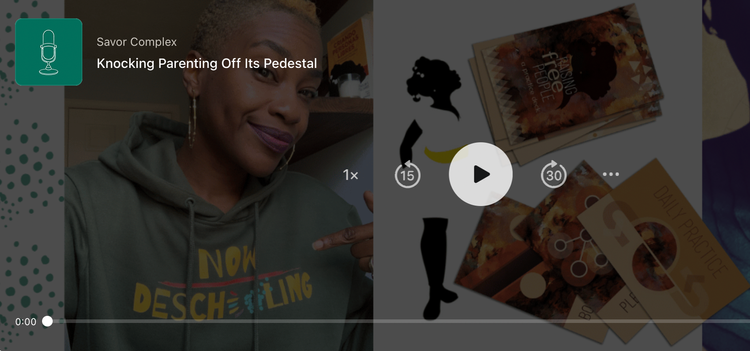
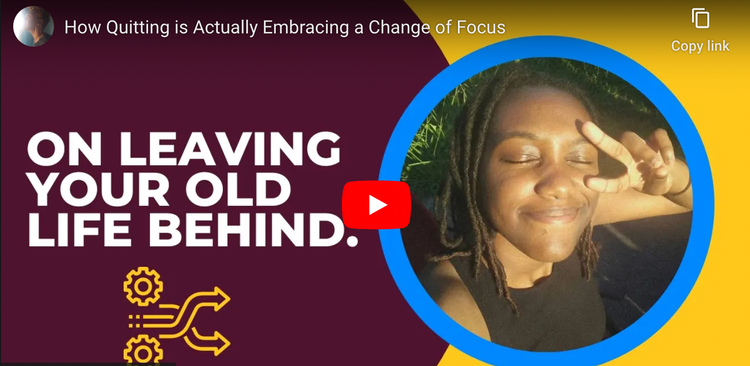
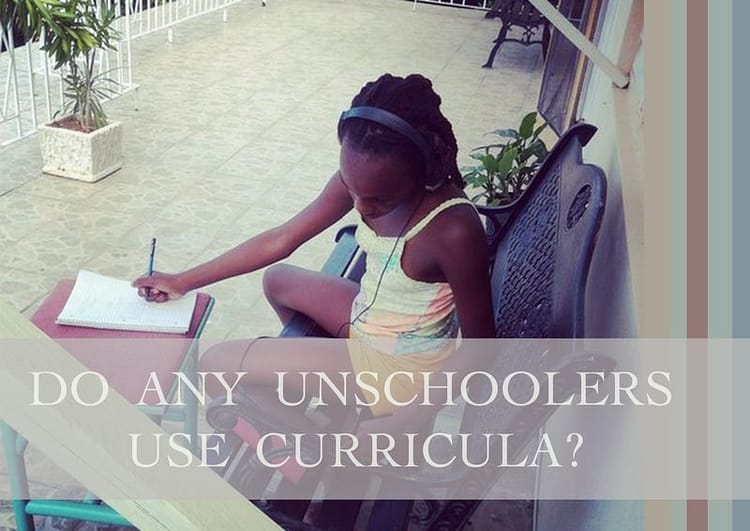

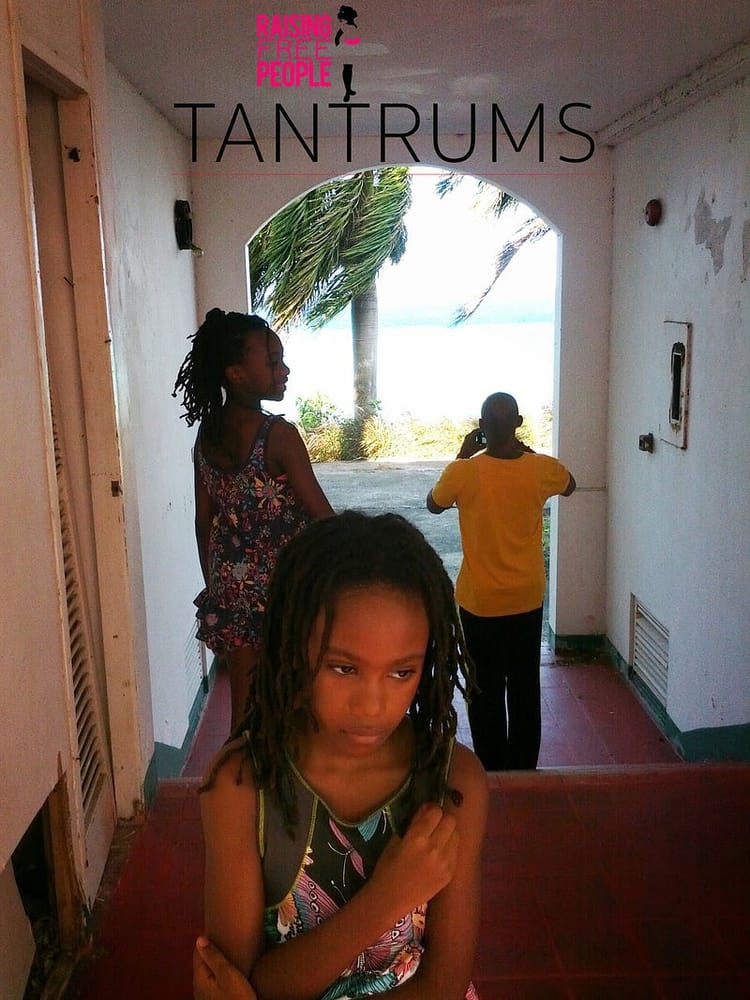
Member discussion